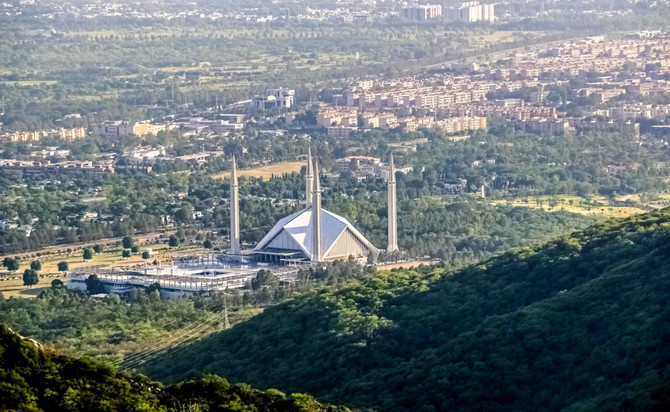ISLAMABAD: Pakistan managed to avoid being placed on the Financial Action Task Force (FATF) global terrorism-financing watch list on Wednesday.
But the episode has triggered debate at home on how to deal with groups that have become a foreign-policy liability for the state.
Political analyst Dr. Rasul Bakhsh Rais said Islamabad has no other option but to act against banned groups and go after their sources of funding to satisfy the international community.
The government “must take cogent measures to deoxygenate proscribed outfits,” he told Arab News. “It’s also in the interest of Pakistan to crack down against extremist outfits.”
But Tahir Malik, who teaches international relations at a public university, said one should not expect the government “to take extreme measures against any outfit that enjoys public sympathy” when “the ruling party has to contest general elections within a few months.”
He termed the three-month FATF reprieve a boost for the ruling party at a time when it is confronted by various political and economic crises.
Foreign Minister Khawaja Mohammed Asif said FATF members failed to reach a consensus regarding putting Pakistan on the watch list.
The draft resolution to place Pakistan on the list was led by the US, with the support of the UK, France and Germany. Pakistan’s Interior Minister Ahsan Iqbal described the FATF motion as a US pressure tactic.
Ali Sarwar Naqvi, executive director of the Center for International Strategic Studies (CISS), told Arab News that the FATF could not act against Pakistan because “there wasn’t enough evidence” against it.
“It’s an allegation by some countries” that could not furnish supporting “evidence and facts,” so “other countries did not agree with” their contention, he said.
Pakistan’s narrow escape at FATF meeting triggers debate at home
Pakistan’s narrow escape at FATF meeting triggers debate at home











